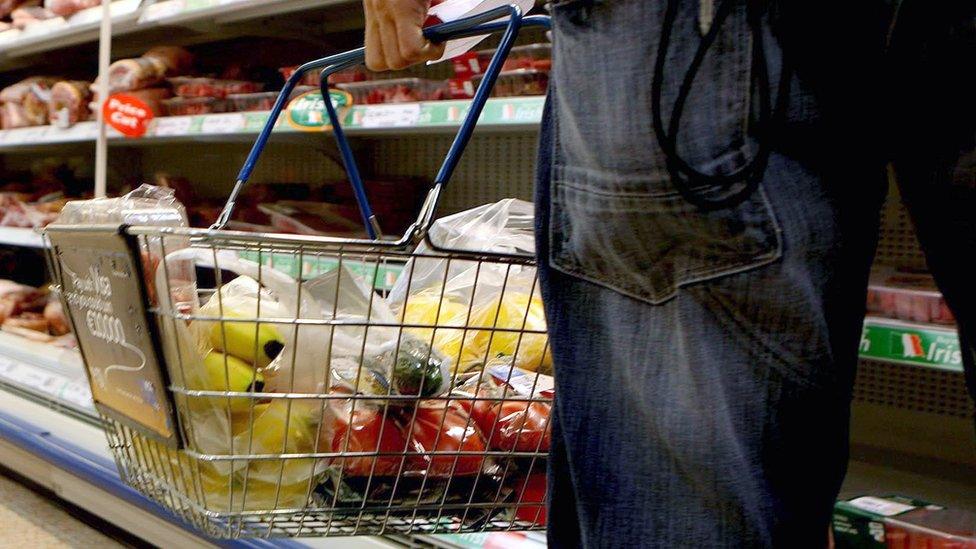Lincolnshire PCC wants more AI to fight crime
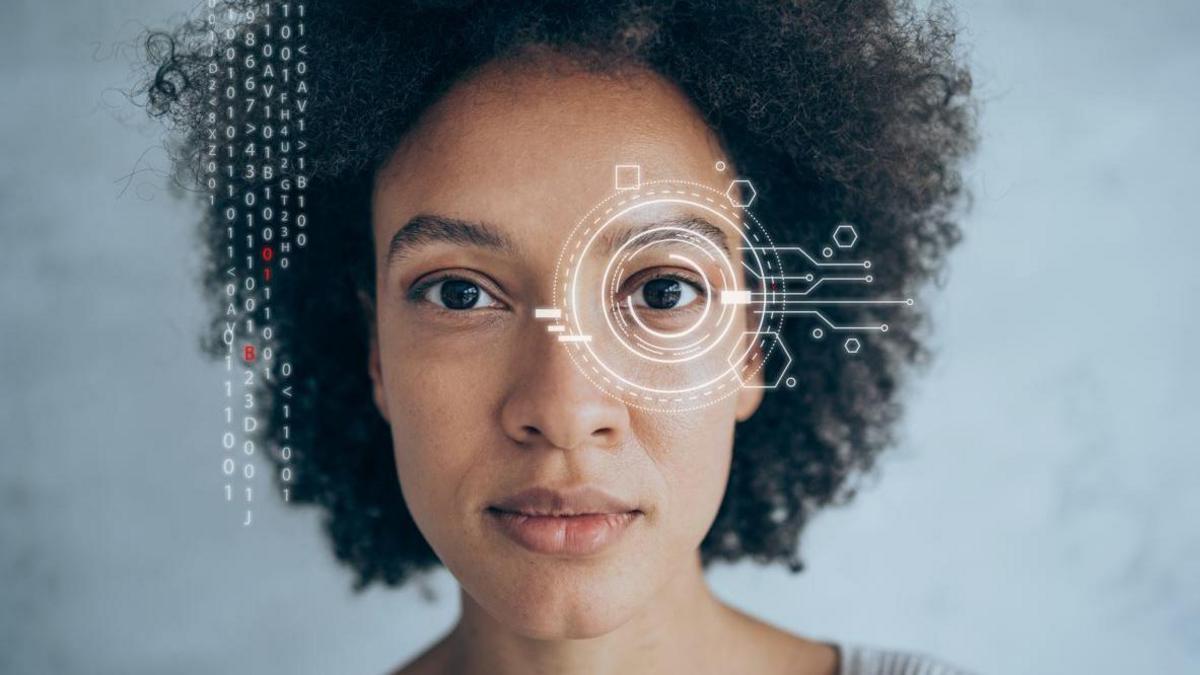
Facial recognition technology is being used by police forces to catch criminals
- Published
Lincolnshire police and crime commissioner Marc Jones is calling for officers to increase their use of facial recognition to identify suspects.
It follows a request from the government for police forces to expand their use of the artificial intelligence (AI) crime fighting tool.
Mr Jones has increased Lincolnshire Police’s part of the council tax from April and is planning to use some of that money to explore the use of AI.
The Home Office said facial recognition had already helped police catch a large number of serious offenders.
Mr Jones said scanning crowds at a football match to try to locate a fan who is suspected of committing a serious offence was an example of how the technology could be used.
He said: “We are now seeing it [facial recognition] being so impressive at getting results. I think the people of Lincolnshire deserve to get some of those results as well.”
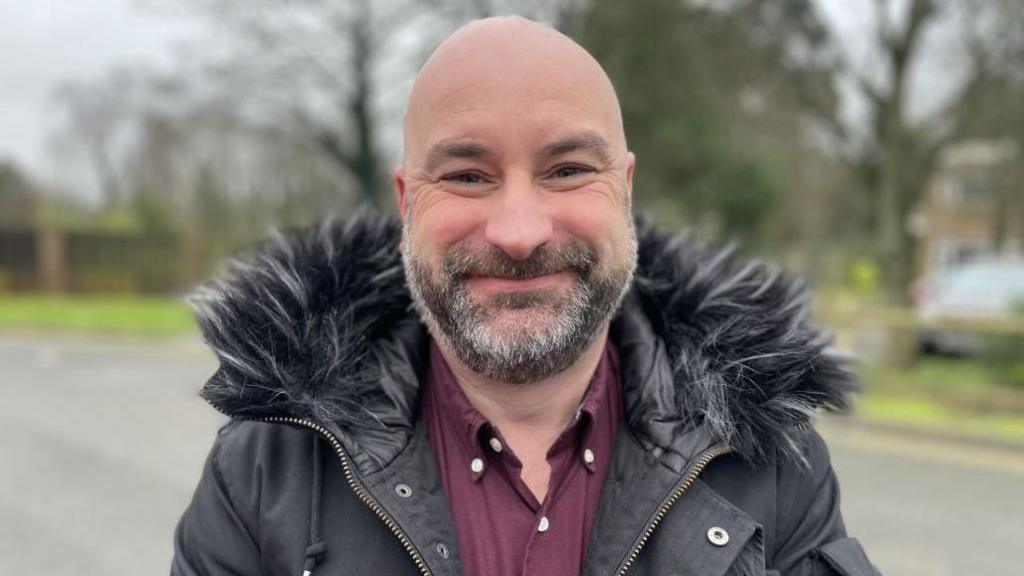
Lincolnshire Police and Crime Commissioner Marc Jones said there was "large public support" for using facial recognition technology to catch offenders
On Wednesday, Mr Jones' proposed 4.45% increase to the council tax precept for 2024/25 was approved by councillors.
The commissioner pledged to use some of the money to “explore and exploit emerging technologies such as facial recognition” to catch criminals quicker.
All police forces in England and Wales are being encouraged by the government to harness the benefits of innovative technologies.
A Home Office spokesperson said: “Facial recognition, including live facial recognition, is a powerful tool that has a sound legal basis, confirmed by the courts. It has already helped the police to catch a large number of serious criminals, including for murder and sexual offences.”
However, Big Brother Watch, which campaigns for privacy, is opposed.
Madeleine Stone, the group's senior advocacy officer, said: “Facial recognition is a really intrusive, worryingly inaccurate surveillance technology.”
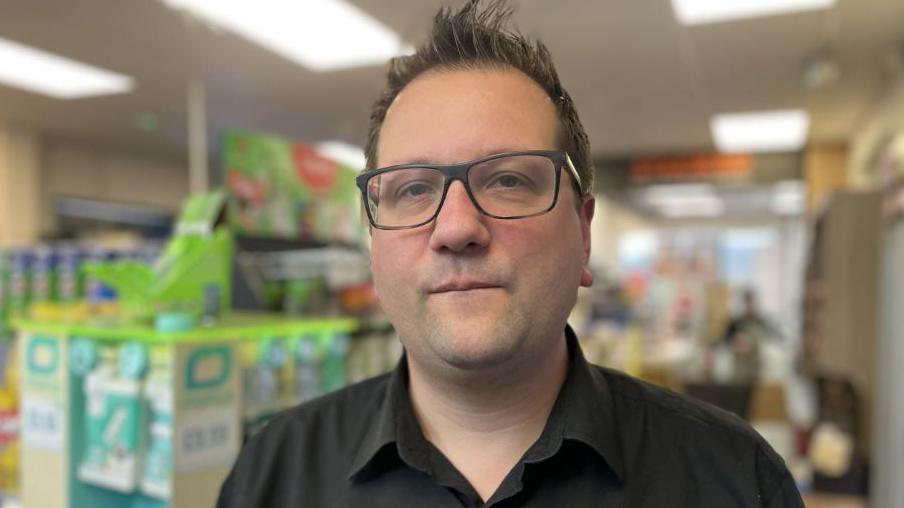
Tom Dant is managing director at a petrol station near Skegness which is using facial recognition technology
Facial recognition is already being used by private companies to catch shoplifters.
Partney Filling Station near Skegness recently installed a facial recognition camera.
Managing director Tom Dant said: “We have people that fill up and sometimes they forget, or they drive off intentionally. It clocks them next time they come in and 99% of the time they are embarrassed, and they pay.”
Det Ch Supt Liz Rogers, from Lincolnshire Police, said: “We currently use facial recognition through the Police National Database to help us identify unknown suspects that have been captured in images or on CCTV.
"We are exploring the potential to utilise facial recognition across other aspects of operational policing. This is in the early stages of development."
Follow BBC East Yorkshire and Lincolnshire on Facebook, external, X (formerly Twitter), external, and Instagram, external. Send your story ideas to eastyorkslincs.news@bbc.co.uk, external.
- Published8 February 2024
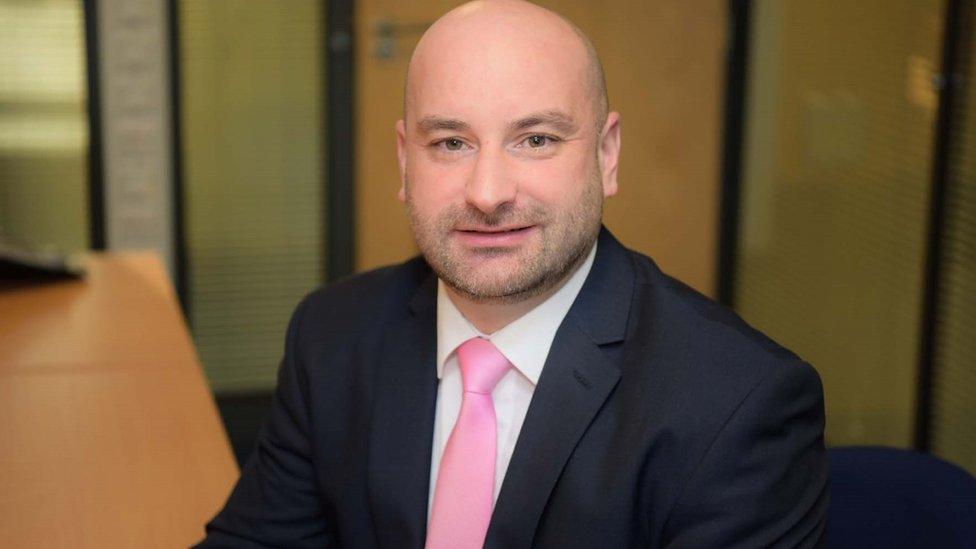
- Published6 October 2023
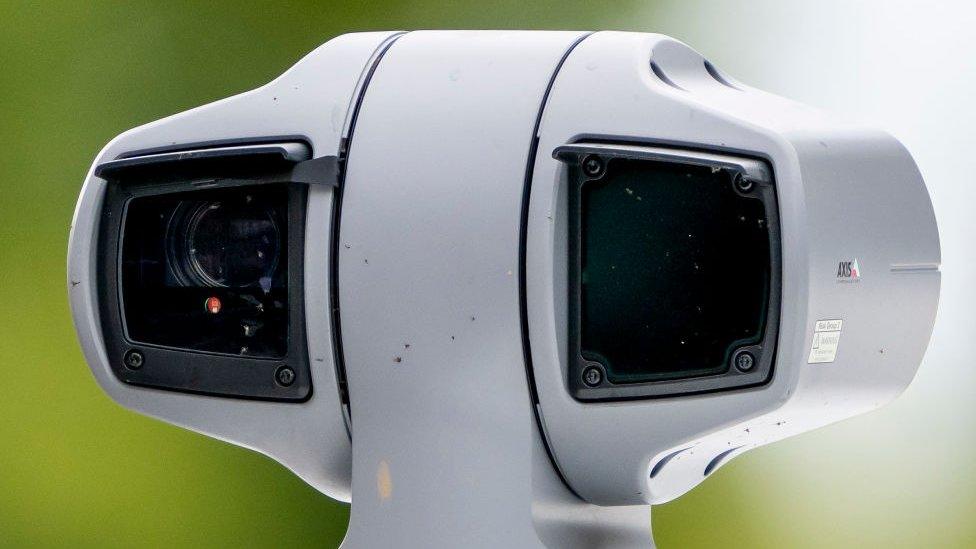
- Published1 August 2023
